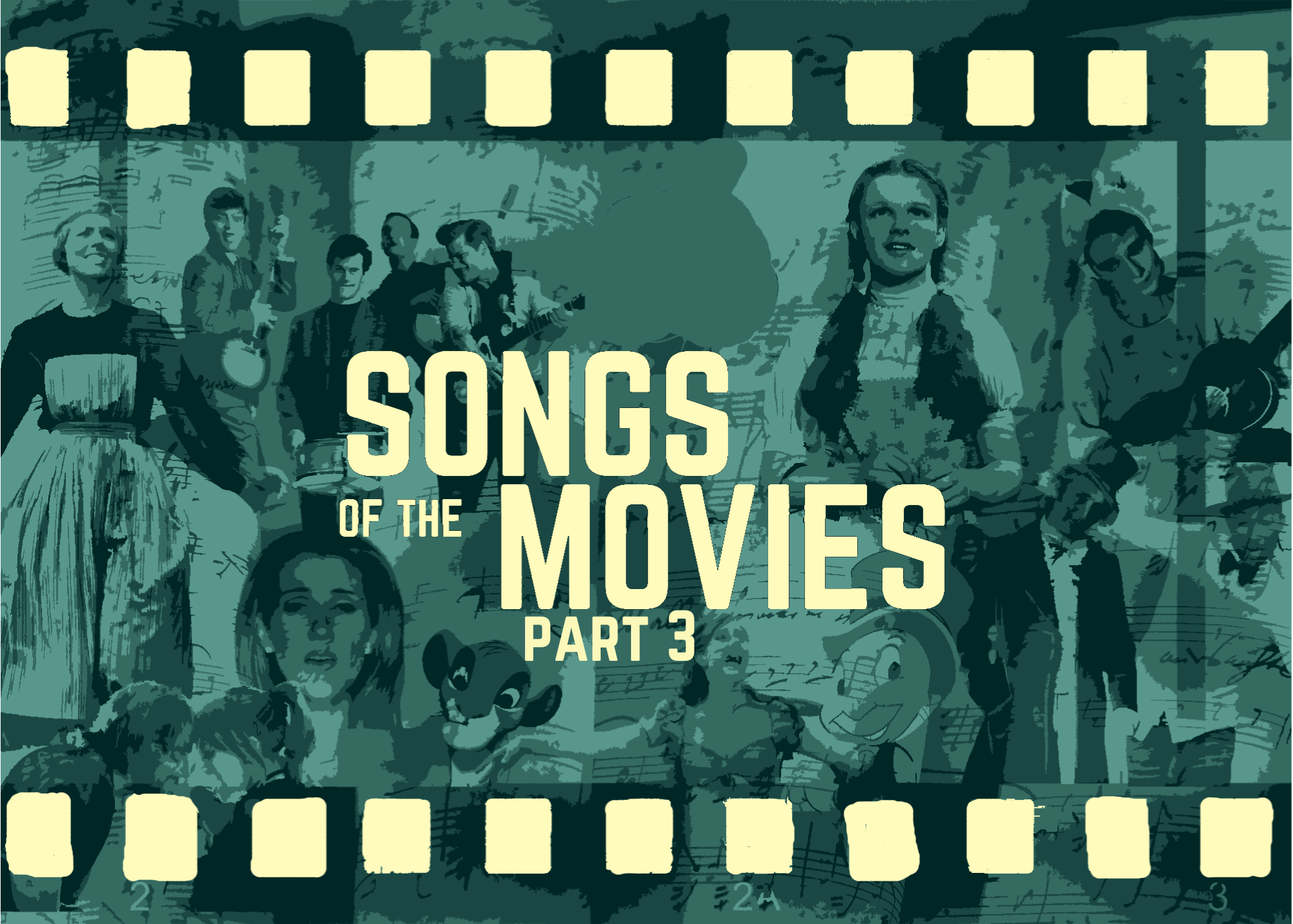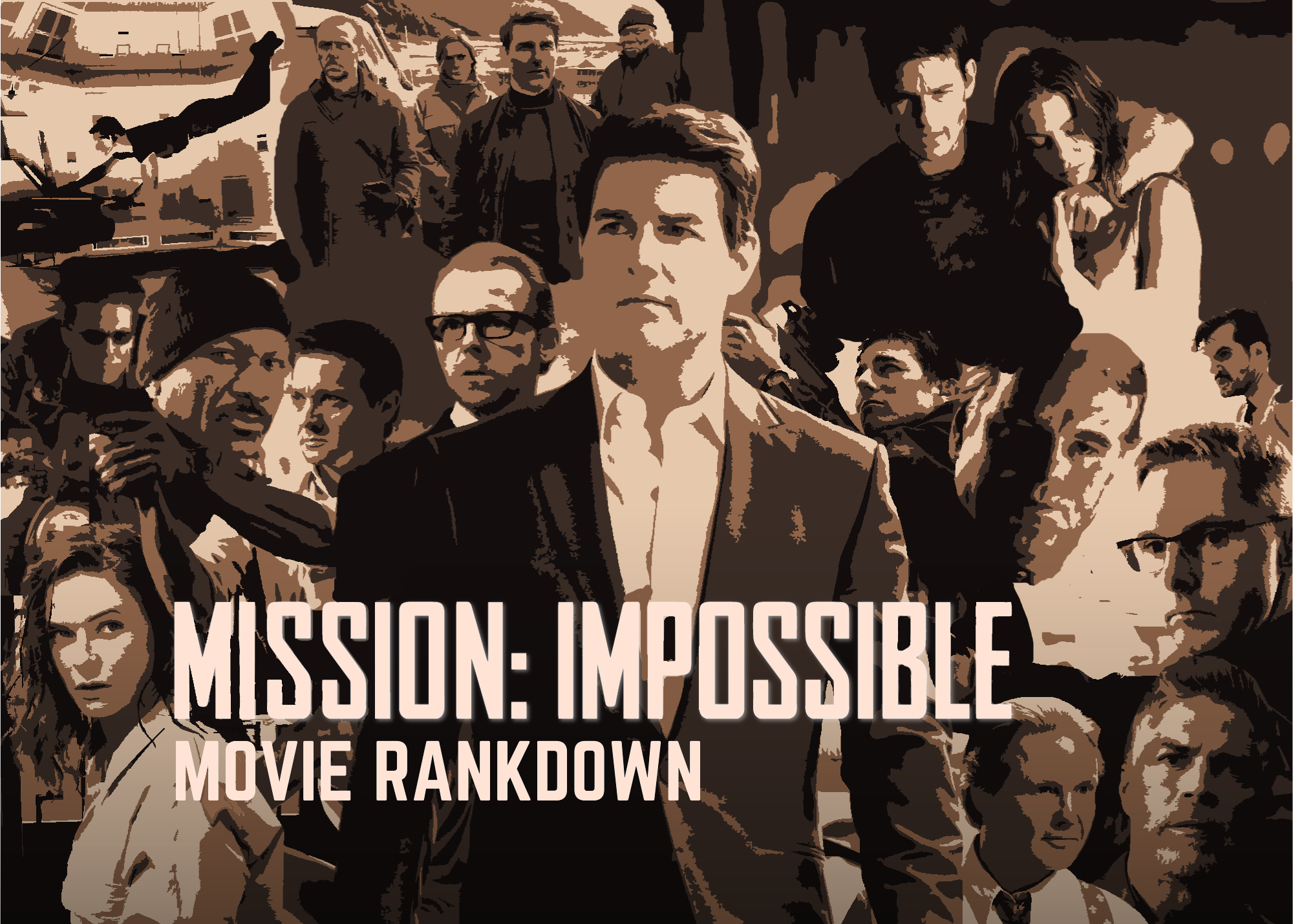Retrospective: "Shakespeare in Love" - The '90s Most Hated Best Picture Winner
It won: GET OVER IT!
RetrospectiveOn March 21, 1999, Harrison Ford took to the Oscar stage at the Dorothy Chandler Pavilion in Los Angeles to announce 1998's Best Picture. The broadcast was getting watched by 46 million people on average, but since this was the final and most important award, it was likely closer to 60 million.
It would not be a stretch to imagine Ford had a vested interest in the victor. His career was defined 18 years before when Steven Spielberg cast him as Indiana Jones in Raiders of the Lost Ark. He’d struck gold with Han Solo in the original Star Wars trilogy, but Jones was Ford's “I’m here to stay” role.
It was not just a vested interest but assuredness. Spielberg’s Saving Private Ryan was a war epic fronted by a two-time Oscar-winning actor and supported by a rising star who’d just won a writing Oscar the year before. It was the dramatic culmination of Spielberg’s storied career, where summer blockbusters and record-setting action films gave way to sobering Holocaust pictures and rousing revolt films. It was tipping his cap to the audiences with whom he’d had a decades-long love affair: this would be his last great film before he settled into elderly stubbornness when directors stick so rigidly to their creative guns that their movies feel less made by them as from them.
Even though Shakespeare in Love had won more Oscars than Saving Private Ryan, there was little doubt that the latter would take Best Picture. After all, it was the favorite and had just won Best Director: only four movies since 1960 had won that award without taking top honors. It only made sense that Indiana Jones would hand that prize to the man who cemented his legacy.
But when Ford opened the envelope, it was not Saving Private Ryan: it was Shakespeare in Love.
Ford's disappointment was palpable. He could barely raise his head to make the announcement, and as the shocked crowd applauded the charming rom-com for its upset victory, the winners filed onto the stage. Ford handed a statuette to Harvey Weinstein (the man responsible for the massive campaign that saw Shakespeare in Love win seven of the 13 Oscars for which it got nominated), half-heartedly patted his shoulder, and walked off stage.
It is not good form to show such blatant contempt. It is not the movie's fault Weinstein kissed so much ass it won Best Picture. Perhaps the other winners sharing in the moment were unaware of the backdoor dealings, so spoiling their moment in the sun was unjust. Regardless, Ford expressed what we all felt: what the fuck just happened?
It was a fair question. Shakespeare in Love was not the better movie. It was not as good at being a romantic comedy as Saving Private Ryan was at being a drama. It was neither as well-crafted in its technical structure nor as compelling in its principles. It was not worse by not being self-serious, weighty, emotionally heavy, or pronounced. It was just that it was so inferior that its victory seemed a crime against humanity.
But that is a testament to Saving Private Ryan, not a condemnation of Shakespeare in Love. For all the retrospective demeaning: placing it low on Best Picture rankings for no other reason than it bested better films, mocking Gwyneth Paltrow’s weepy Oscar acceptance speech, and bizarrely criticizing it for failing to leave an impact in discussing Shakespeare on the whole, Shakespeare in Love is to movies what Gordon Gekko claims greed is to the United States economy: good.
It does not defy our expectations, redrawing the map to expand the boundaries of romantic comedies. It does not shatter our perceptions of what’s possible for sharp writing and great acting. It does not alter our views on how necessary movies like these are when so many of the same genre, period, and promotion of pretty people romping in the hay get released yearly. But it does fulfill its purpose: it is literally Shakespeare in love, and what a charming love it is.
The object of that affection is Viola de Lesseps, a wealthy merchant’s daughter with dreams of breaking the restraints her time places upon her to be on the stage. Elizabethan England forbids women from doing what she loves, but it does not stop her from appreciating the theater, and thus Shakespeare, from afar. When she disguises herself as a boy to audition for his latest play, Shakespeare gets enamored by her talent and follows her back to her estate. He later sneaks into a ball at the castle, where he sees the actual Viola and instantly falls for her, sparking a dramatic affair as they produce Romeo and Juliet to prove that a play can show the true nature of love.
It never tries to be more than what it is or challenges us to perceive it that way. It is not dependent on our interpretation to give it meaning or build it beyond its foundations. It embraces its reality, elevating it instead of launching it to some faraway cinematic planet.
Why is that not good enough? Why can we not be content with mastering the things we love instead of inventing new things to pretend we admire? Do we truly appreciate the Michelin star bistro reinventing the culinary wheel more than the sidestreet hole-in-the-wall that perfects the classics? No.
We may pretend otherwise to fit in with people whose approval we seek like a grade school outcast trying to squeeze their way into the popular crowd, but until adolescence warps them into what is expected instead of what they are, their bedroom walls are plastered in the opposite of everything they project for people whose opinion doesn't matter.
Will loves how women want to be loved, even if society shames them for admitting it. He is earnest and unabashed, thrusting his affections onto (or into) Viola with reckless abandon. Every moment is an opportunity, and every opportunity a lifetime. He feels so much in every kiss, every conversation, and every stolen night that we begin to feel for her too.
How can we not? Viola wants what many cinematic heroines want but in her way. She doesn’t reject her femininity to fit into a man’s world or try to justify her place in it. She doesn’t complain about not having or dream of having more.
She acts. She forges her own path and turns her dreams into reality. She has a genuine talent for her passion; it is not some personality quirk designed to make her more accessible. She has a sincere purpose, and in a way that feels sincere.
These two souls finding one another is a celebration of trope, leaning into convention as a device to endear instead of a plea for an audience. It is self-aware enough to know it is silly for Will to fall for Viola at first sight and for her to return his affections just as quickly. It knows it is foolish to have Will not recognize the face of his beloved as the face of a boy actor simply because Viola slapped on fake peach fuzz.
A movie’s greatest strength is that knowledge. It must understand what it is and what it can do to make convention resonate. Convention can have depth, though we pretend otherwise. Depth is not straining to reach some untapped thematic foothold or using gimmicks to distract from being hollow. Depth can be setting gimmicks aside to appreciate simplicity. When we build ourselves up as more than we are, we must change to embrace what innately matters most to us. Change is deep. Change has meaning.
Thus, these two mean quite a lot to each other. Viola does not change Will’s love for writing, nor does he change her desire to be more than a woman in a man’s world, a wife to a man she doesn’t love with no passions or ambitions of her own. But they do change their outlook on those things. Will stares at Viola as though she is the sun, the moon, the stars, and the sky. He aches for her like every breath he draws depends on her drawing it with him. It does not make him a writer, but it makes him a better one.
Viola does not get liberated from a narrow worldview for having loved Will, but she does come to know possibilities she didn’t know before. She can be seen as an equal, someone with value and purpose. She is the muse of a man who sees her as all she wants to be. She is not autonomous for loving Will (she managed that on her own power), but she is happier.
No, being better for having loved someone is not a new concept, nor is being happier, changed, or more hopeful or passionate. But Shakespeare in Love, by making its lovers so devoted to who they are and being themselves with each other, by making Will so theatrical in his longing for Viola and she so involved in her affection for him, understands that new does not necessarily mean better.
That devotion to old standards makes Shakespeare in Love so charming, a charm that sails the movie through bizarre sword fights, existential crises, and the always vexing trope of bringing up things that further a plot point but never pay dividends. It loses itself so badly one begins to beg for a reprieve from the misery of enduring its own existential crisis for so long.
But when it remembers that “love knows nothing of rank or riverbank,” the drama of Will’s “proud tower of genius” and Viola “falling for the writer and giving up the prize for a sonnet,” it succeeds. It makes us want its two lovers to be together because we like them, shatters our hearts when they get forced to part, and that’s enough. Shakespeare in Love is enough.
It cannot ever justify what happened that night when Harrison Ford reflected our inner turmoil by limply handing over that statuette to Harvey Weinstein. It cannot have deserved its award by being better than all the other movies. But what it can do is remind us of the simple joys of movies. It captures the poetry of passion without forgetting to let us in. It gives two good people a chance to fall in love. It leans into everything that makes it ordinary to be something more than what we expected. It may not save private Ryan. It may not create something new and exciting, fresh and original. But sometimes, purveying can do more than creating. Sometimes we want to watch two people fall in love. Who better to watch than Shakespeare?

76
Director - John Madden
Studio - Miramax
Runtime - 123 minutes
Release Date - December 11, 1998
Cast:
Joseph Fiennes - William Shakespeare
Gwyneth Paltrow - Viola de Lesseps
Geoffrey Rush - Philip Henslowe
Judi Dench - Queen Elizabeth I
Colin Firth - Lord Wessex
Tom Wilkinson - Hugh Fennyman
Rupert Everett - Christopher “Kit” Marlowe
Ben Affleck - Ned Alleyn
Editor - David Gamble
Screenplay - Marc Norman, Tom Stoppard
Cinematography - Richard Greatrex
Score - Stephen Warbeck

%20(13%20x%206%20in)%20(13%20x%204%20in).png)





































.png)






.png)